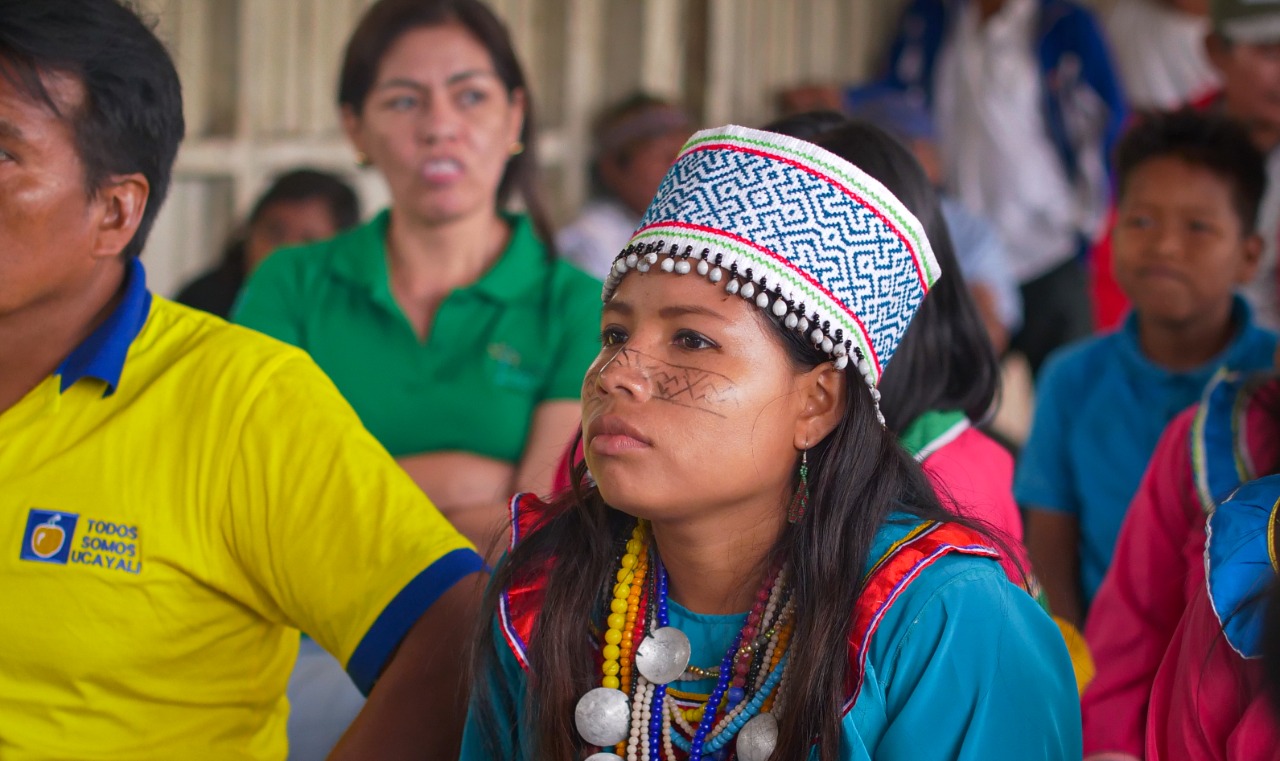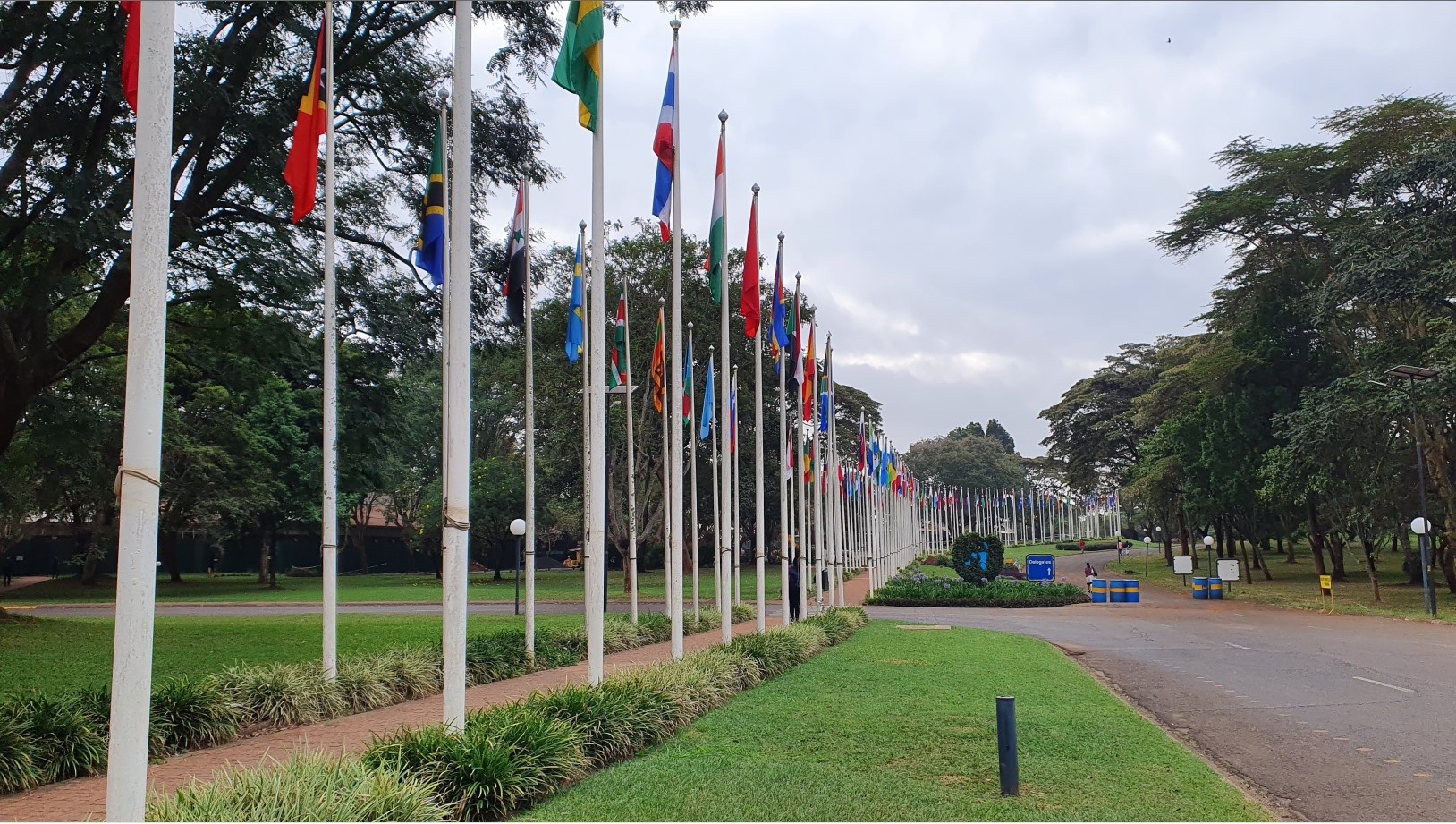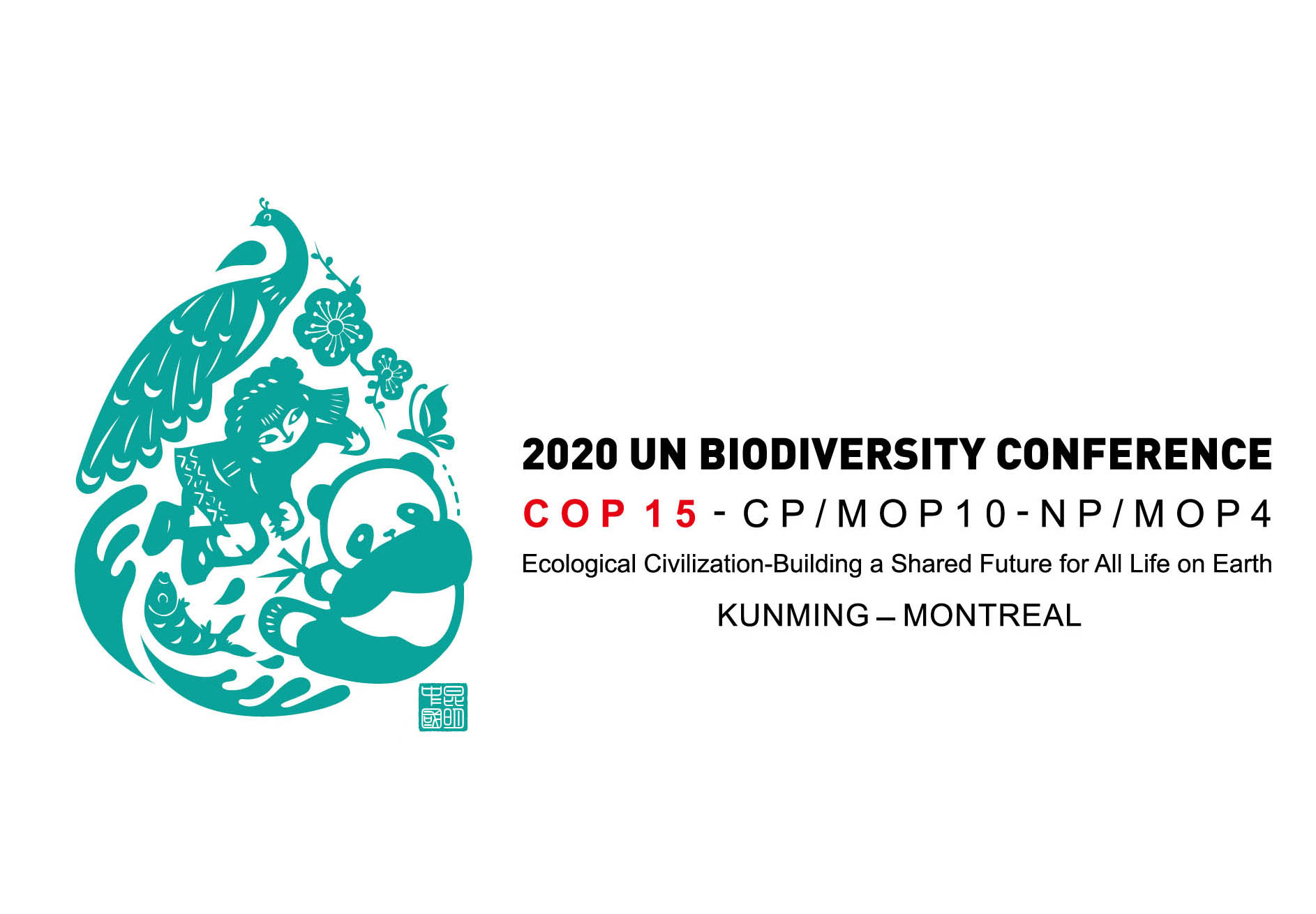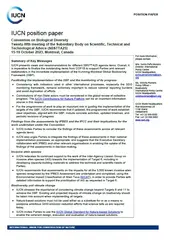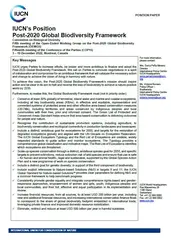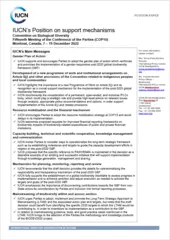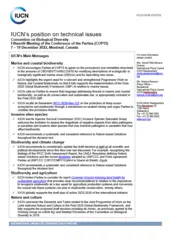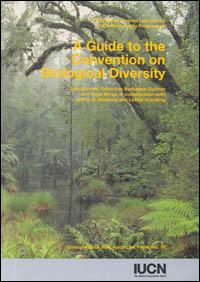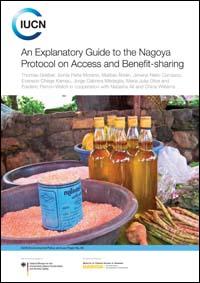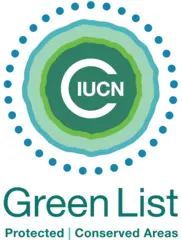Beyond conserving nature, we need to conserve its biological diversity - for its intrinsic value but also because it underpins human well-being and sustainable development.
IUCN has been involved in the CBD since its drafting and through its development, providing technical and policy advice to the Parties to the CBD and supporting the CBD Secretariat for the implementation of the Convention and its protocols. IUCN has produced numerous policy papers and background papers for the meetings of the Subsidiary Bodies to the Convention and the Conference of the Parties, leveraging the experience of its thematic teams, its regional presence and its wide membership.
IUCN's knowledge products provide data for biodiversity assessments, inform the setting of global and national targets and contribute to the development of biodiversity indicators.
IUCN's work with the CBD includes:
- supporting the implementation of the Kunming-Montreal Global Biodiversity Framework;
- providing support for the implementation of the Nagoya Protocol on Access and Benefit Sharing;
- contributing and assisting Parties in the revision, update, and development of National Biodiversity Strategies and Action Plans (NBSAPs);
- influencing the CBD negotiations to promote conservation through the development and advocacy of policy papers

